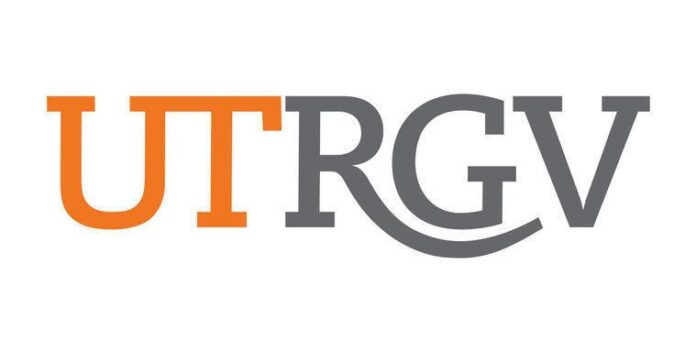MISSION — The University of Texas Rio Grande Valley received close to $400,000 in federal funding for programs that research and aid rural businesses throughout South Texas at an event in Mission Monday.
Two U.S. Department of Agriculture grants were presented by U.S. Reps. Henry Cuellar, D-Mission, and Vicente Gonzalez, D-McAllen. The $174,856 grant will provide targeted technical assistance to socially disadvantaged groups throughout the area, specifically small-scale Latina agricultural producers, while the $199,724 grant will support the Texas Rural Cooperative Center, which guides rural businesses and cooperatives in South Texas with startup, expansion and operational improvements.
Speaking at the event, Cuellar stressed the importance of the grants because of the large swaths of rural areas in South Texas.
“This particular amount of money goes to the rural areas, because we have a tendency of focusing on the urban areas, which is important, but we cannot forget about the rural areas,” he said. “I have a lot of rural area, Vicente certainly has a lot of rural areas, and this is why these two particular grants, whether it’s to provide integral assistance to socially disadvantaged groups through cooperatives or development centers, is key, or whether we provide help to certain populations in the rural area.”
Colin Cain, the director of UTRGV’s Rural Cooperative Center, said the programs have a vast reach.
“These two projects cover 41 counties in South Texas, all the way from San Antonio down, with a real focus on rural communities, rural counties and communities with really high levels of poverty and long-term unemployment,” he said.
According to Cain, the programs help guide a variety of rural businesses through the process of raising capital and navigating the logistics of starting or improving their operation.
“ We’re talking about farms, we’re talking about mom and pop shops, we’re talking about rural manufacturers,” he said. “Over the last five years, just to put it in tangible numbers, we’re talking about the creation of over 50 rural businesses.”
Cain referenced Rio Grande Mesquite, a business based on the Cappadona Ranch in Linn, as a business that has benefited from both programs.
“They’re an amazing business and their Mesquite Bean products are an example of an innovative approach to generating new, alternative revenue streams for farms and ranchers in South Texas,” he said. “It harnesses value from a native tree that is normally considered to be a nuisance. At the same time, Cappadona Ranch elevates this key symbol of rural South Texas — the Mesquite tree — through production of local, healthy value-added agricultural products.”
Victoria Cappadona, owner of Rio Grande Mesquite, said she began working with the programs in 2016.
“They helped me start a business from the very beginning,” she said. “They set goals for me; they have advisors that help people for free.”
Rio Grande Mesquite received over $50,000 in grant money with the help of the program’s advisors, Cappadona said.
“They’ve been an amazing help,” she said. “That money helped us get our hammermill, which helped us mill our mesquite beans into flour.”
Cappadona says the programs also helped the business network, expand its product range and improve its website.
Small, rural businesses who believe they may be eligible for the program can contact a representative from the project at (956) 665-7555.





